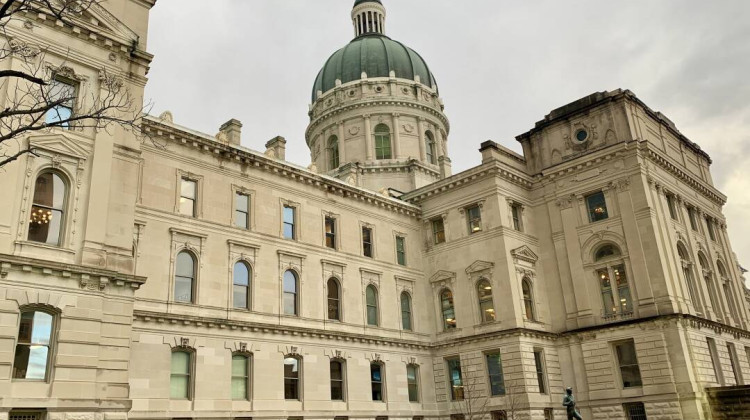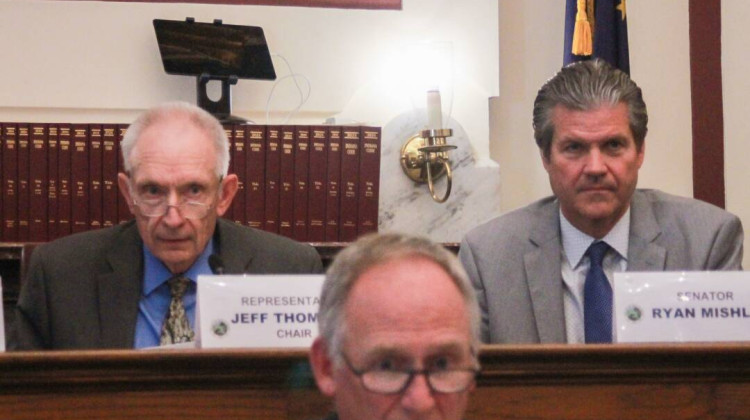
The federal COVID-19 public health declaration ends on Thursday May 11, 2023. This means the federal government will not buy tests, vaccines and treatments to distribute for free.
Lauren Chapman/IPB NewsThe federal COVID-19 public health declaration ends on Thursday May 11, 2023. This means the federal government will not buy tests, vaccines and treatments to distribute for free.
This responsibility will shift to the health insurance system – with COVID-19 patients having to go to the doctor and get COVID-19 tests or treatments through insurance and/or paying a copay.
Treatments, like Paxlovid, will remain available for free while supplies last. Once supplies run out, insurance companies will determine individual costs for this treatment.
For now, vaccines will still be free for nearly everyone. The Affordable Care Act requires that those who are insured get vaccines for free. For those uninsured, vaccines are still available for now.
The Food and Drug Administration is also still able to authorize emergency use of vaccines, treatments and tests. Their use is not affected by the end of the health emergency.
Join the conversation and sign up for the Indiana Two-Way. Text "Indiana" to 73224. Your comments and questions in response to our weekly text help us find the answers you need on COVID-19 and other statewide issues.
National COVID-19 data tracking will also change following this end. The Centers for Disease Control and Prevention will no longer track and report new infections. Case data has become increasingly unreliable because of access to at-home testing.
However, they will continue to report on hospitalizations and deaths, do genetic analysis to report worrisome variants, and monitor spread through wastewater surveillance.
The accessibility of telemedicine flexibility services for those with Medicare will continue through December 2024.
This means the majority of people who rely on the COVID-19 public health emergency telehealth flexibilities – specifically those with limited access to care or in rural areas – will still remain.
The end of this emergency follows the end of the Medicaid requirements pause that came with the Federal Public Health Emergency.
Medicaid recipients were not required to submit updated paperwork and income changes during this time. Many Medicaid recipients are no longer eligible for coverage and will continue to be unenrolled throughout the year.
For those who are concerned about losing continued coverage, there are resources available to help navigate these changes.
Violet is our daily news reporter. Contact her at vcomberwilen@wfyi.org or follow her on Twitter at @ComberWilen.
9(MDAyMzk1MzA4MDE2MjY3OTY1MjM5ZDJjYQ000))
 DONATE
DONATE






 Support WFYI. We can't do it without you.
Support WFYI. We can't do it without you.